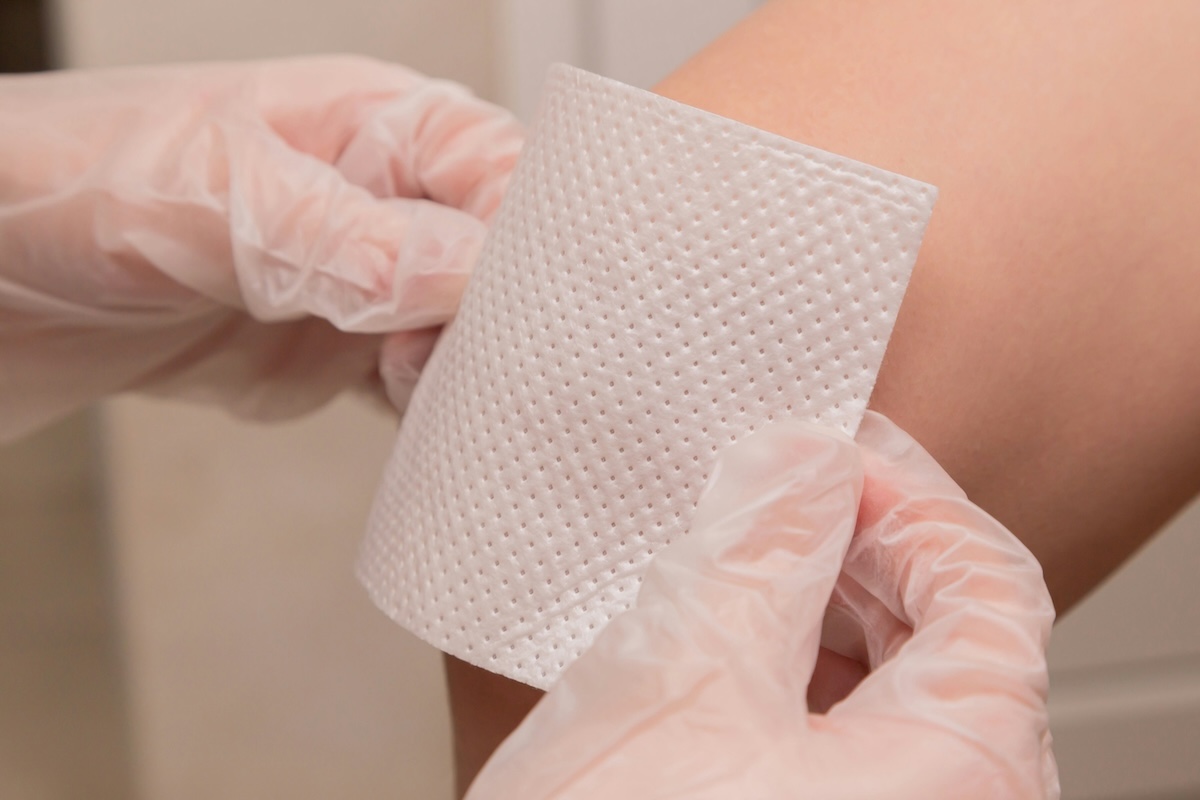If I already have mild urinary incontinence in my reproductive years (especially during the premenstrual phase of my cycle), am I sure to need HRT/estrogen during menopause? Basically, will my incontinence get worse due to menopause? And do women ever take estrogen birth control to help with stress incontinence?
—Sara
Urinary incontinence is extremely common. Some estimates indicate that as many as 50% of women will experience it. It is also undertreated. At most about 60% of women with urinary incontinence seek treatment.
There are both structural and hormonal factors that contribute to urinary incontinence. In younger women, it often has its root in structural issues. Cyclic hormonal changes layer on top of that. So symptoms that shift depending on where you are in your cycle are common.

Researchers have found that cyclic hormonal changes have direct effects on the cells that make up the vaginal wall. They also found that the cells of the vaginal wall are different in women with stress incontinence compared with those without stress incontinence.
In general, the prevalence and severity of urinary incontinence increase as women age. We know that loss of estrogen during menopause leads to significant changes in the vaginal walls that can lead to pelvic organ prolapse and incontinence. Existing incontinence is likely to get worse.
While we know that estrogen can improve vaginal prolapse in perimenopause, there are no studies that have looked at birth control pills prospectively as a treatment for stress incontinence in younger women.
However, there are effective treatments for managing stress incontinence. I would argue that addressing it now is the best way to minimize the symptoms you may experience later. I would urge you to talk to your doctor about your symptoms and seek treatment with a pelvic floor therapist or urogynecologist, depending on which treatment modality you and your doctor determine might be best for you.
The takeaway: Urinary incontinence is common and generally becomes more common and more severe as women age. While estrogen has been studied for stress incontinence in perimenopause, there are no studies of birth control pills to treat it. You should talk to your doctor about your symptoms now to explore what treatments might work for you.
Community Guidelines













Log in